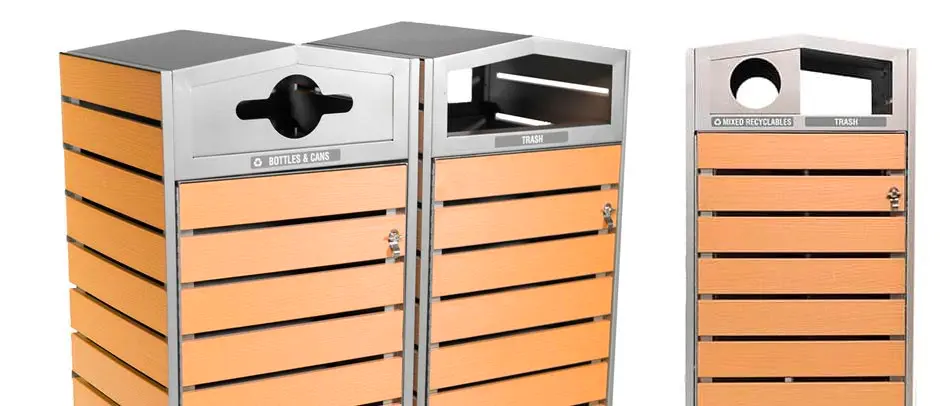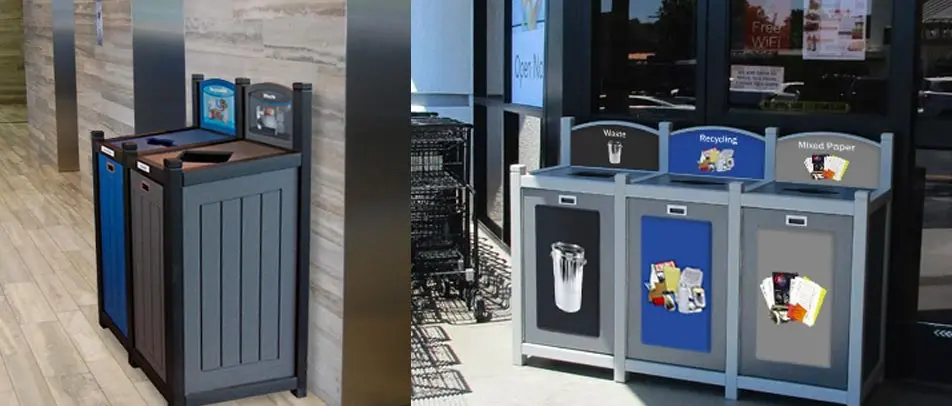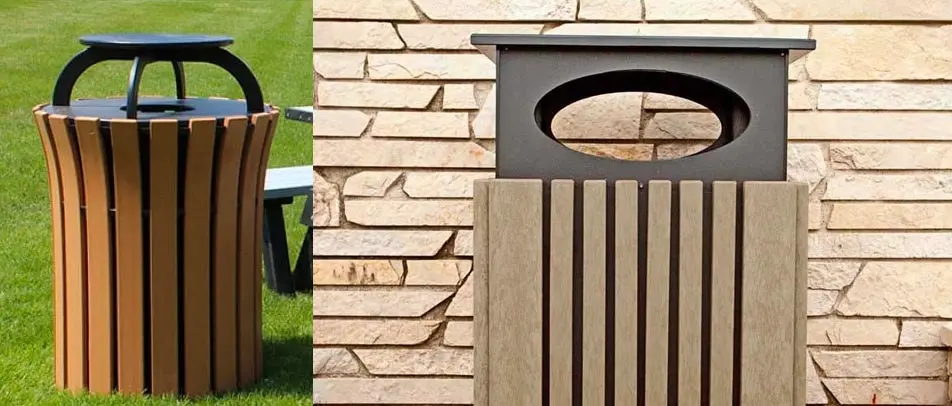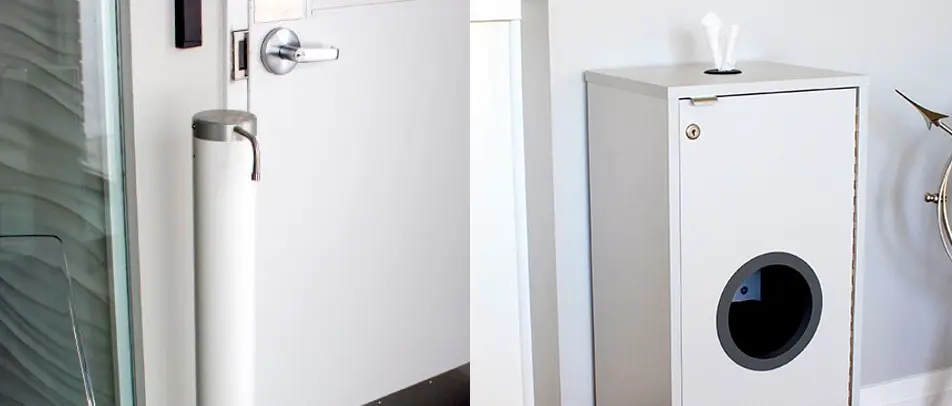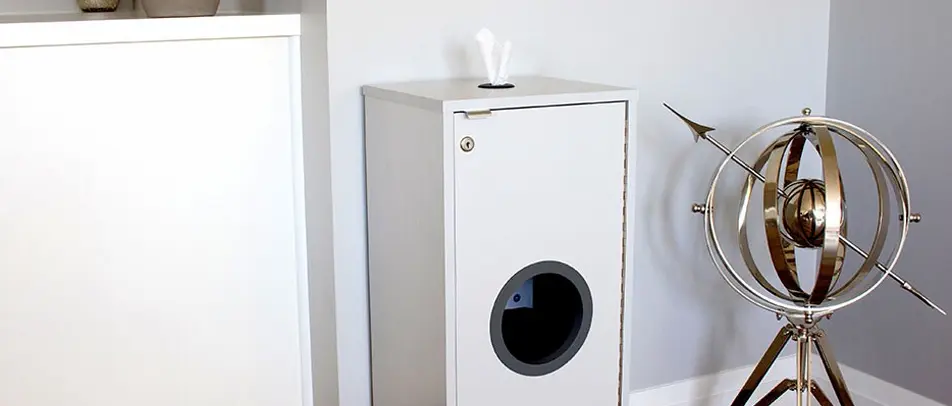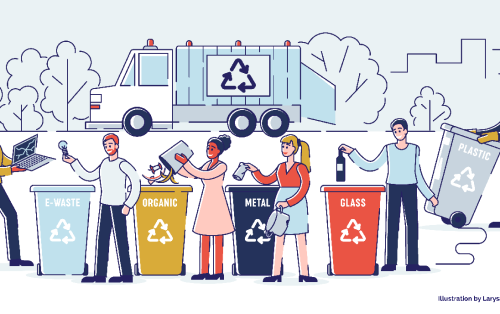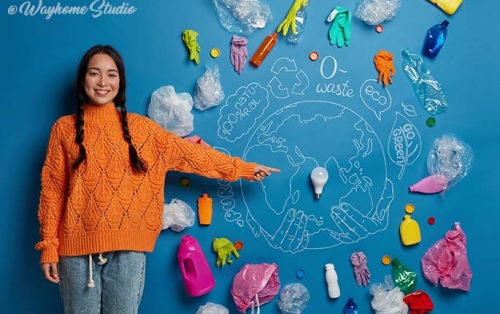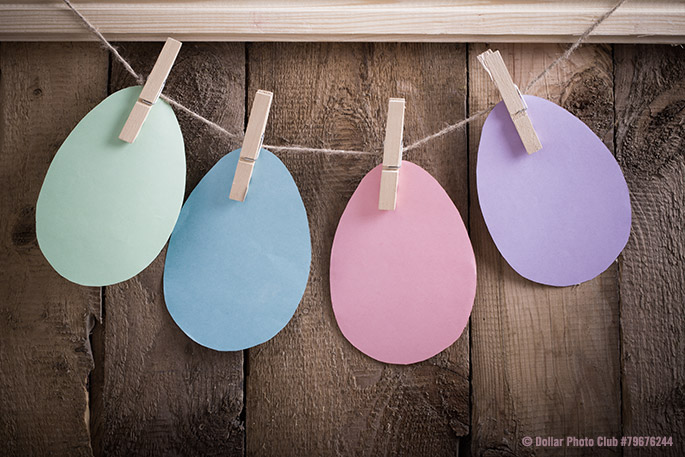
Green Your Easter Egg Hunt With Recycled Materials
Easter is a natural green event: on our calendars, it marks a season of springtime renewal and life, and the commercial images of the Easter bunny and eggs help reinforce that celebration. Why not go truly green this April with some green DIY projects straight from your recycling bin? Here are our suggestions for greening your Easter.
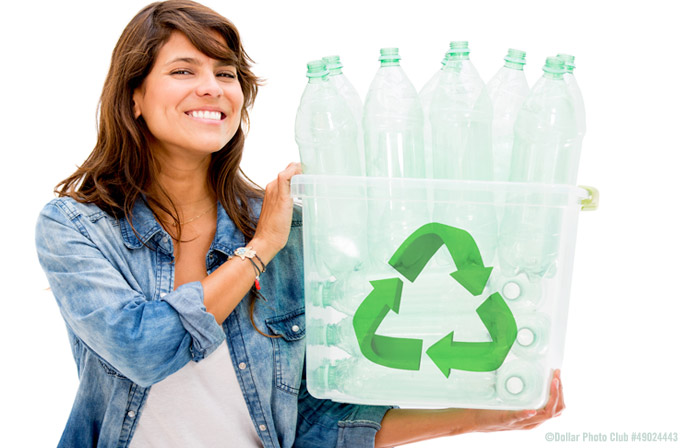
Why should you recycle plastic?
About News suggests that there are particular benefits for recycling plastic, a material that tends not to be biodegradable and can last in landfills for all practical purposes forever. What is more, as the journal Science indicates, a large amount of discarded plastic is finding itself in the world’s oceans, much to the long term detriment of the environment.

This No-Plastic Water “Bottle” is An Impactful Recycling Innovation
The plastic water bottle has been the bane of sustainability efforts for years. Not only does it make up at least 13 percent of municipal waste (according to the EPA), but as little as 9 percent of plastic in 2012 was recovered for recycling and reuse.
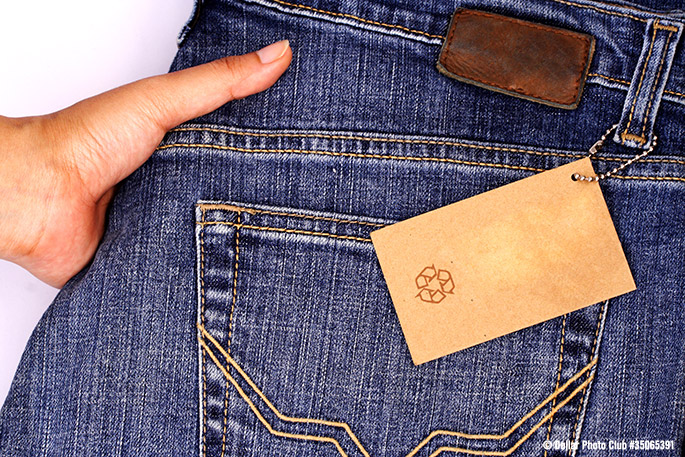
Will Clothing Made From Plastic Bottles Revolutionize Fashion?
Plastic bottles are legion. Whether we're using them to carry around our water or buying them out of a vending machine for a quick rush of caffeine, we go through millions of tons of these bottles every year.
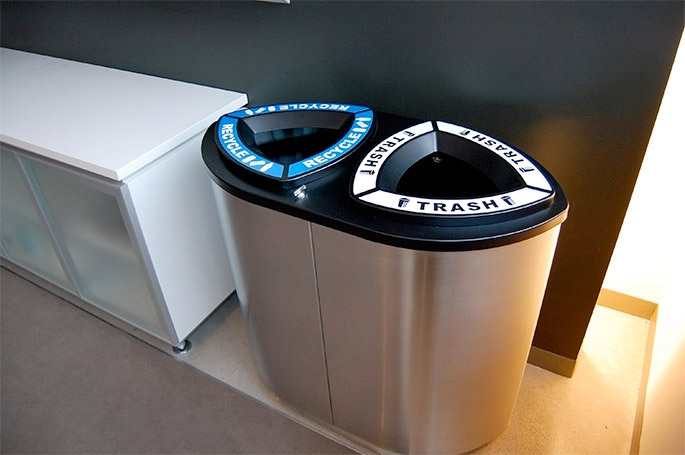
Does Single Stream Recycling Work?
Many communities around the world that have instituted recycling programs have compelled residents and businesses to separate their recycled materials into separate bins. Plastics would go in one bin, cardboard in another, and so on.
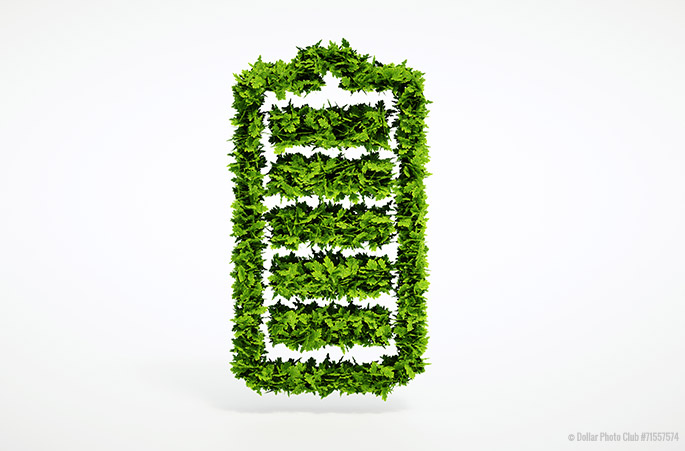
How the biobattery could create recycling innovations for organic waste
Many people recycle food scraps, lawn clippings, and other carbon-based waste by turning it into compost, either at home, or by putting it in a bin for those communities that include compostable materials for their recycling programs. Biofuel technology, which turns certain materials into biogas or biodiesel, has also become more common.

Make St. Patrick’s Truly Green With These Eco-Friendly Ideas
Last month, we celebrated Valentine's Day with three zero-waste ideas. This month, we're tackling St.

Cash In On Convenient Recycling
Businesses and organizations of all sizes can cut costs with the use of recycling bins. By providing your customers with recycling bins, you create a material flow within your organization that will generate income, instead of costing you ever higher waste collection and removal expenses.
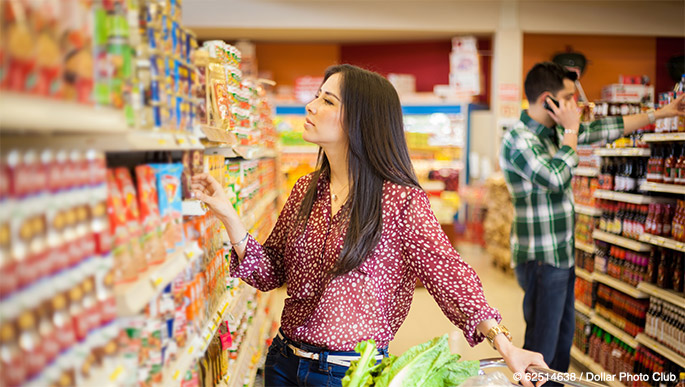
3 Ways to Work Towards Zero Waste at the Grocery Store
Going zero waste is a real challenge. But like any challenge, breaking it down into smaller, more targeted categories can help you make a habit of reducing your waste footprint.
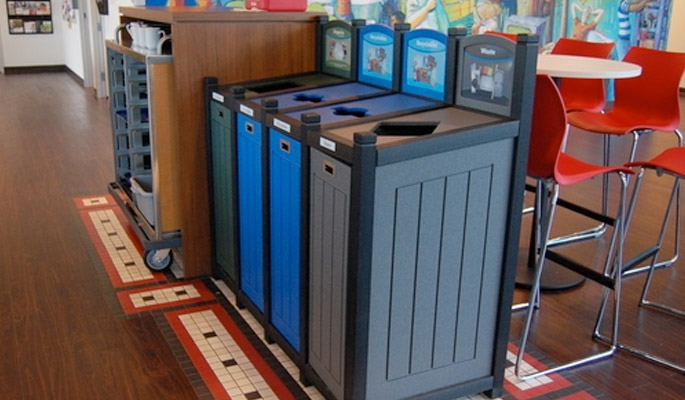
How Multiple Stream Recycling Bins Help The Environment
In an article about recycling efforts in Boston, author Barbara Moran cites the many problems that come from single-stream recycling or one-bin-takes-all approaches to recycling. First, many items that get dropped in single-stream bins become “contaminated” from the moment they fall in the bin: paper gets dirty and therefore not reusable and glass breaks and cannot be sorted out.







































